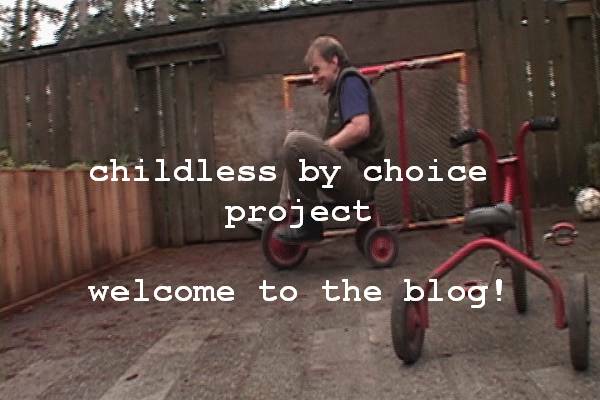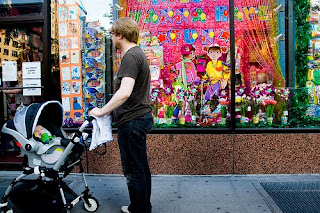
You really have to read the entire article to understand why but here’s just one of the many statements made by Carol Sarler, the writer of this piece, that got us all a-flutter:
In my experiences both as a colleague and an employer, I have found that mothers almost always bring something extra to the job, to the benefit of all.She parrots the stereotype noted in the study she cites that childless woman lack an “essential humanity” and goes on to say “we actually need our children; they complete us as women, they are our light and our love and our legacy.”
It's not the mothers, for a start, who are going to turn up late and hungover after a night on the razz; they'll have been up, dressed and alert for hours, having cooked a family breakfast and delivered their children to school. On time.
It's not the mothers, usually, who run the office bitch-fest.
They're not there to compete for the attentions of the male executives; they're there to get out of the house; they're there because they genuinely enjoy some adult company; and they're there because they have mouths to feed other than their own and shoes to buy for someone else's feet.
This last statement alone speaks volumes. First there is the word “need” which is a red flag for me as a life coach. Then “they complete us as women, they are our light and our love and our legacy” which indicates a core belief that women must have children to feel complete or whole which is unfounded and, in my personal experience, untrue.
So to support her belief that childless women are weird and cold and undesirable as workmates, she points to a study that shows that these tired old stereotypes and assumptions are shared by others like her. This is just sad. It’s like saying “Yes, me and my buddies down at the factory believe that people who own cats can’t be trusted, have bad work habits, and are just plain weird. The fact that so many people believe this must make it true!”
What also raise alarm bells for me is what is not said here--her omission of childless men. Are they untrustworthy too?



















